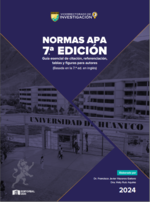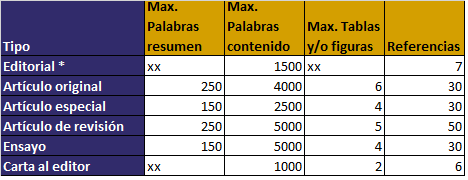Sudoku game and development of mathematical logical thinking
DOI:
https://doi.org/10.37711/desafios.2019.1.2.75Keywords:
game, weighing, mathematical, logical, educational institution, competition, methodology, student.Abstract
Objective. To demonstrate the effect of sudoku game on the development of mathematical logical thinking in an Educational Institution of Huanuco. Methods. Research type was applied, with a quantitative approach, experimental level in its quasi-experimental variant, of two groups. Sessions with the use of sudoku in learning mathematical skills were applied to the experimental group, while the control group received mathematics classes using the traditional methodology. Hypothesis test was performed with the Z test. Results. After experimentation, logical mathematical thinking in its reasoning and problem-solving dimensions developed significantly. Data obtained showed that 61.1 % of students in the experimental group are in a regular level, and 25 % in a high level. Students in the control group, 91.7 % at a low level and 8.3 % at a regular level of students’ logical mathematical thinking. Conclusion. the application of the sudoku game has an effect on the development of mathematical logical thinking in students.
Downloads
Downloads
Published
How to Cite
Issue
Section
License
Copyright (c) 2021 Desafios

This work is licensed under a Creative Commons Attribution 4.0 International License.
a. Los autores conservan los derechos de propiedad intelectual (copyright) de las obras publicadas, cediendole a la revista el derecho de primera publicación.
b. Los autores retienen sus derechos de marca y patente, y también sobre cualquier proceso o procedimiento descrito en el artículo.
c. Los autores retienen el derecho de compartir, copiar, distribuir, ejecutar y comunicar públicamente el artículo publicado en la RD (por ejemplo, colocarlo en un repositorio institucional o publicarlo en un libro), con un reconocimiento de su publicación inicial en la RD.
d. Los autores retienen el derecho a hacer una posterior publicación de su trabajo, de utilizar el artículo o cualquier parte de aquel (por ejemplo: una compilación de sus trabajos, notas para conferencias, tesis, o para un libro), siempre que indiquen la fuente de publicación (autores del trabajo, revista, volumen, número y fecha).
























